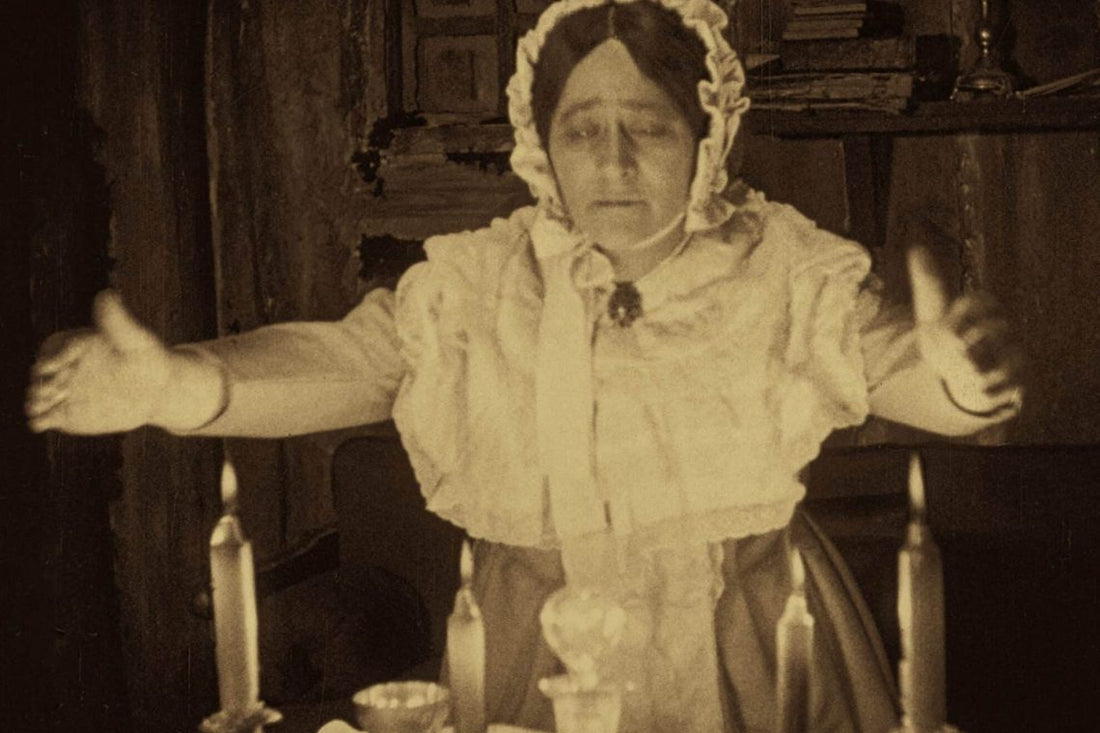
What do you do on Shabbat?
Shabbat, often referred to as Sabbath, is the seventh day of the week in Judaism, on which no work may be done. The term 'Shabbat' comes from the Hebrew word 'shevet', which means 'to rest' or 'to stop'. It is a central and holy day that is celebrated from Friday evening at sunset to Saturday evening at nightfall.
Here are some important facts about Shabbat:
Biblical origin of Shabbat
The observance of the Sabbath is based on the biblical creation story in the Book of Genesis: God needed six days to create the world, and he rested on the seventh day.
The observance of Shabbat is enshrined in the Ten Commandments given to Moses on Mount Sinai and recorded in the Torah. They are considered a cornerstone of Jewish belief and practice.
Day of rest
Shabbat is a day of rest and spiritual rejuvenation. On the Sabbath and religious holidays, observant Jews are not allowed to cook, turn on lights, use electrical devices, drive cars, or use buses, trains, ships, or airplanes. They also refrain from any form of creative activity on these days. It is a time of reflection, prayer, and time with family and community.
Preparations for Shabbat
Preparations for Shabbat begin before sunset on Friday. This includes preparing special meals, cleaning the house, and nowadays even programming the controls for home electronics. For example, some households set their light switches so that lamps turn on and off on Shabbat without human intervention.
Beginning and end of Shabbat
The lighting of the candles in the evening on Friday marks the beginning of Shabbat. Traditionally, two candles are lit to symbolize the two commandments and to remember the Sabbath.
At the end of Shabbat, on Saturday evening, a ceremony called Havdalah is performed, which marks the separation between the holy day and the rest of the week. It involves blessings over wine, spices and a multi-flamed candle. Havdalah marks the beginning of the new week.
Synagogue visit
Observant Jews attend synagogue on Friday evenings and Saturday mornings. Weekly Shabbat services include prayers, readings from the Torah, and sermons.
Shabbat meal and Kiddush
At the beginning of the meal on Friday evening, a special blessing is said over a cup of wine or grape juice, Kiddush To eat on Shabbat there is a special braided bread, the Challah (here is a recipe: Challah Baking ). It is customary to have at least two loaves of challah on the table during the Shabbat meal.
Time for community and family:
Shabbat is meant to strengthen bonds within the family and community. It is customary for families to come together for meals and to study the Torah or engage in recreational activities together.
Spiritual meaning
Shabbat is not only a time of physical rest, but also a time of spiritual reflection and connection with G*d. It is considered a foretaste of the world to come, a foretaste of the peace and harmony that will prevail in the Messianic era.
